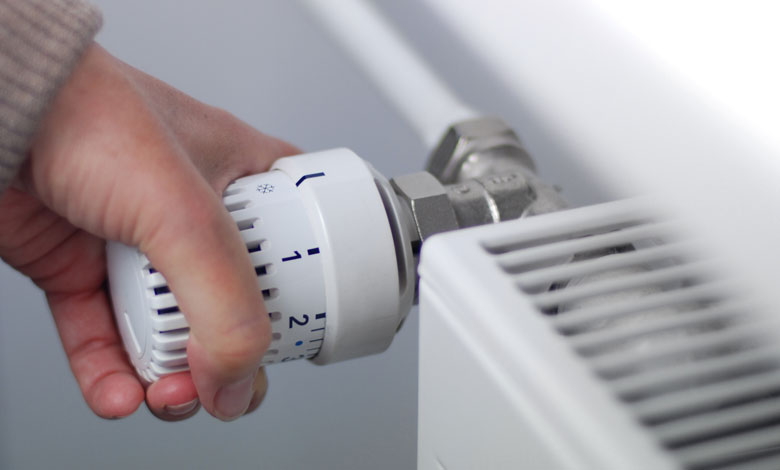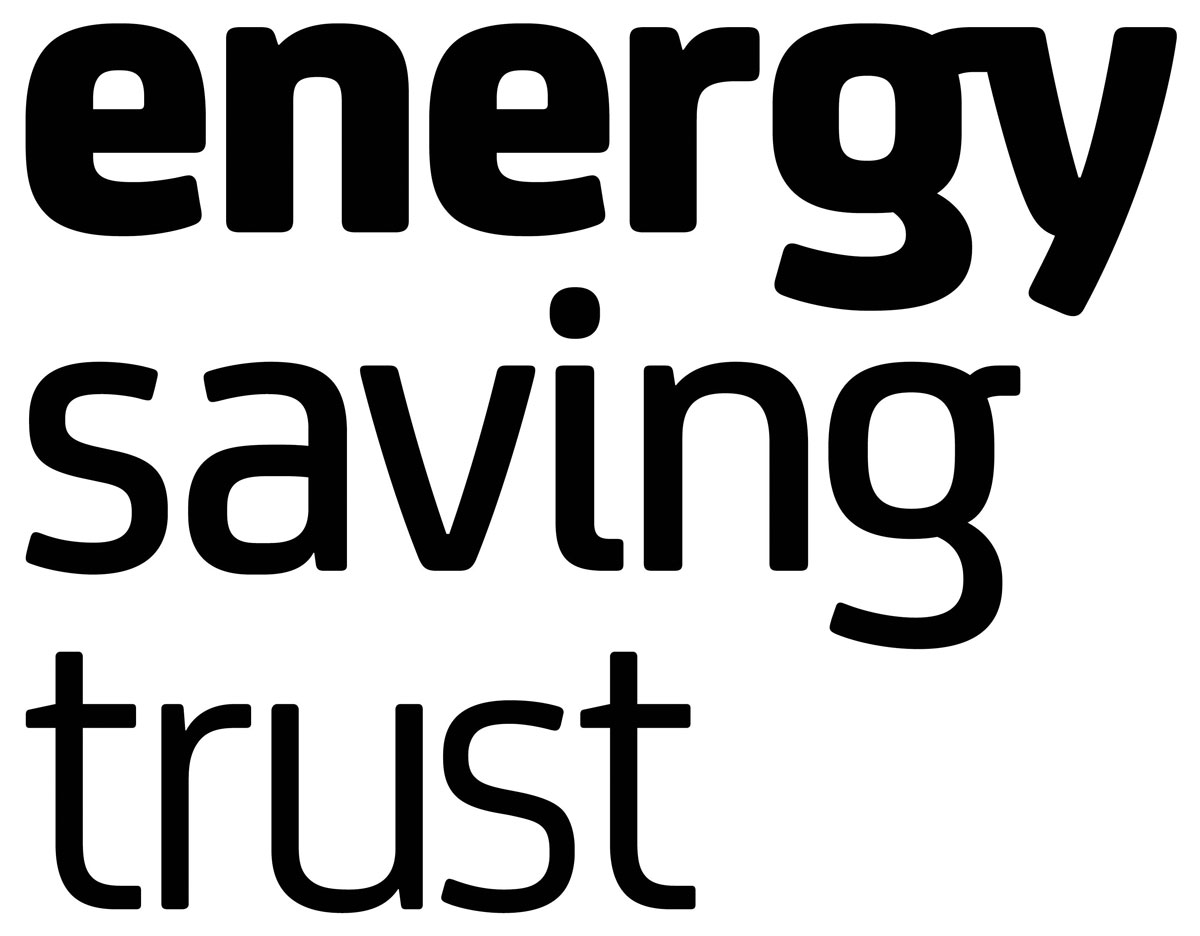Retrofit advice in Northern Ireland

A dedicated national advice service can support the delivery of a just energy transition for all by delivering comprehensive, impartial, and tailored advice, writes Darryn Mallon, Energy Saving Trust policy lead (Northern Ireland).
Decarbonisation in Northern Ireland
The Climate Change Committee’s (CCC) 2023 advice report, Path to a Net Zero Northern Ireland, strongly emphasises the need for an urgent “step change in action” to address declining rates of decarbonisation.
Whilst there has been a notable increase in activity related to development of energy policy since these warnings were issued, it is worthwhile considering how these resonate with consumers and how attitudes have changed since the UK Climate Change Act (2008) became law, when four-fifths of UK electricity came from fossil fuels.
We have been aware of the risks of dependence on imported fossil fuels for some time and a glance into our archives reaffirms this, with a feature from 2009 in agendaNi forecasting our dependence on imported fossil fuel was “an economic time bomb rendering us particularly vulnerable to the price and politics of fuel”.
A key focus should be the energy we use in our homes and businesses. Recent surveys indicate 78 per cent would welcome renewable energy in their home1 but 84 per cent reported having little to no knowledge of low-carbon heating systems. This indicates the challenge is no longer about raising awareness of the climate emergency but empowering consumers with the knowledge and tools to contribute towards net zero2.
The need to retrofit Northern Irish homes
Reducing immediate energy costs is crucial, but investing in permanent solutions is equally essential. With Northern Ireland homes among the least efficient in Europe, 60 per cent (50,000 annually) need to enhance their energy efficiency to meet emission targets3. Building emissions need to fall 33 per cent between 2020 to 2030, having increased by 1 per cent since 2009 and advice services can help accelerate pro-active engagement necessary to achieve this.
Helping consumers navigate the energy transition is key to an effective enabling framework, such as effective awareness raising, entitlement checks, access to networks of exemplar homes, post installation support, and a single point of contact responsible for project coordination and redress if necessary4.
Development of an advice service
Supporting access to impartial advice is vital when helping consumers understand how to decarbonise their homes.
However, as Shane Donnellan, behavioural scientist at Energy Saving Trust explains: “The complex and fragmented nature of energy advice is mirrored by varied and often contradictory sources of advice. The Utility Regulator recently reported an array of providers commonly considered by consumers. This causes confusion and impedes impact at scale, with the CCC’s estimate that 62 per cent of emissions reductions need to come from individual behaviour, emphasising the significance of centralised advice.”
Advice can also encourage social and private sector landlords to see the full property investment case for improving energy efficiency.
Current energy advice and support services
Multiple trusted local and national organisations currently offer discrete advice, which collectively contribute towards a just energy transition.
Domestic and commercial properties can access support through the Northern Ireland Sustainable Energy Programme (NISEP), which Energy Saving Trust administers on behalf of the Utility Regulator. Scheme managers registered under NISEP offer energy efficiency advice to consumers accessing fully and partially funded grants.
Beyond NISEP, the Department for Communities currently funds the Housing Executive to deliver a free tailored ‘Energy Advice Service’ to households. Additionally, the Housing Executive has partnered with Energy Saving Trust to create an online ‘home energy saving tool.’ This helps consumers determine the energy efficiency of their home.
Further advice is available from the Consumer Council for Northern Ireland, which provides support for consumers related to gas and electricity supply.
However, more comprehensive, impartial and tailored advice is needed to make the key changes in our homes and businesses.
Progress on a centralised energy advice service
Since the Northern Ireland Energy Strategy – The Path to Net Zero Energy5 was introduced in 2021, the necessity for centralised energy advice through a one-stop shop has featured prominently.
A public consultation on the development of an energy one-stop shop6 was launched in 2023, recognising: “Northern Ireland would benefit massively from an accessible, trusted organisation for consumers needing advice, information and support on energy matters.”7
Benefits of a one-stop shop
A one-stop shop can reduce costs, increase private investment, protect government schemes from fraud and inefficiency and boost the economy through job creation and energy security8.
With over 25 years delivering energy advice, Energy Saving Trust has extensive expertise supporting retrofitting through one-stop shop style programmes such as Home Energy Scotland, Business Energy Scotland and Local Energy Scotland’s Community and Renewable Energy Scheme on behalf of the Scottish Government, NISEP on behalf of the Utility Regulator and NEST for the Welsh Assembly.
International approach to energy advice
In response to the energy crisis, there has been global recognition that tailored, impartial advice, is central to successful retrofit schemes.
Scotland and France’s major national retrofit programmes offered at local and national levels particularly stand out.
Scotland’s Home Energy Scotland service offers free, impartial, and customised advice over-the-phone, face-to-face or online to all householders. There were over a million interactions during 2022/23, saving over £1 billion on domestic energy bills since 2008. The Home Energy Scotland Grant and Loan scheme and other financial support, including the national fuel poverty programme Warmer Homes Scotland are also offered.
European Union – Recent policy updates
The EU’s recast Energy Performance of Buildings Directive, adopted on 12 April 20249, requires members to facilitate “the rolling out of one-stop shops”. Northern Ireland’s pre-consultation on ‘energy efficiency requirements and related areas of building regulations’10 acknowledges the influence this could have here.
Conclusion
Northern Ireland is a major outlier regarding retrofit advice provision, with multiple disjointed services making it challenging to navigate. International case studies demonstrate that national advice services improve energy security, affordability and decarbonisation and will support the delivery of a just energy transition for all.
For more information on energy saving advice and tools:
Visit: energysavingtrust.org.uk/northern-ireland
E: EnergySavingTrustNI@est.org.uk
[1]Attitudes to the Energy Transition | Consumer Council
[2] Consumer attitudes to energy transition | Consumer Council
[3] New Foundations – The route to low carbon homes (ulster.ac.uk)
[4] https://existinghomesalliancescotland.co.uk/information/customer-journeys-to-net-zero-homes/
[5]The Path to Net Zero Energy. Safe. Affordable. Clean. (economy-ni.gov.uk)
[6]Energy “One Stop Shop” Implementation Plan – consultation on policy options | Department for the Economy (economy-ni.gov.uk)
[7] Minister launches “One Stop Shop” consultation | Department for the Economy (economy-ni.gov.uk)
[8] https://energysavingtrust.org.uk/report/national-or-local-retrofit-advice/
[9]Energy Performance of Buildings Directive adopted (europa.eu)
[10] Review of energy efficiency requirements and related areas of Building Regulations







